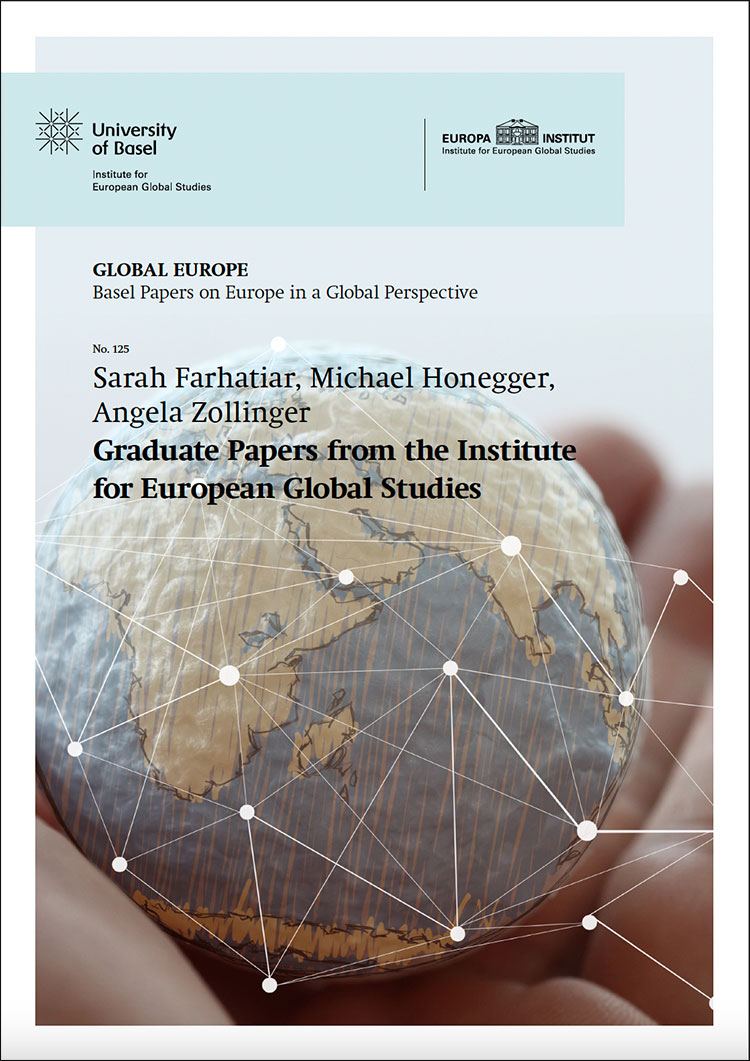The World Health Organization in Crisis
A Collective Securitization of the COVID-19 Pandemic
Keywords:
World Health Organization (WHO), COVID-19 Pandemic, Securitization Theory, Global Health Governance, Pandemic Treaty, International Health Law, Global Health Security, Framing AnalysisAbstract
The paper examines the World Health Organization’s (WHO) response to the COVID 19 pandemic through the lens of securitization theory, specifically the concept of collective securitization. It explores how the WHO, led by Director-General Tedros Adhanom Ghebreyesus, framed the pandemic as a global security threat, thereby justifying the need for expanded authority and the development of a new international health law instrument, the ‘pandemic treaty’. Utilizing an interdisciplinary approach that combines political science and legal analysis, the study analyzes speeches, policy documents, and the WHO’s evolving role in global health governance. The findings reveal that the COVID-19 pandemic acted as a significant driver for institutional reform within the WHO, as evidenced by the proposed ‘pandemic treaty’, which aims to strengthen global health security. The research contributes to the understanding of how international organizations like the WHO adapt and expand their authority in response to global crises.


